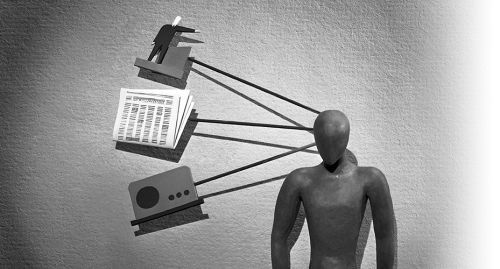Balkin argues that the conception of free speech which characterized the 20th century is inadequate to protect free speech and expression in the 21st century due to the transition from a dualistic model of speech regulation with two players to a pluralist model of speech regulation with multiple players. In this essay, he frames free speech as operationalizing as a triangle, with States and the European Union at one end, internet-infrastructure companies at another, and different kinds of speakers at the third end. He analyses the three problems which this triangle creates: 1) new-school speech regulation which produces collateral censorship and digital prior restraint, 2) the absence of due process and transparency in the manner in which privatized bureaucracies govern end-users, resulting in abuse and arbitrariness, and 3) the vulnerability of end-users to digital surveillance and manipulation. He discusses the ways in which States should or should not regulate the digital ecosystem in order to align with the values of freedom of speech and proposes reforms which can be implemented by Governments in consonance with the Constitutional guarantees of free speech and the press as long as they are properly-designed. These reforms are: 1) structural regulation with the aims of promoting competition and preventing discrimination by basic internet services and payment systems, 2) guaranteeing curatorial due process, and 3) the treatment of social media companies as information fiduciaries towards their end-users, who are responsible for upholding duties of trustworthiness and good faith.

